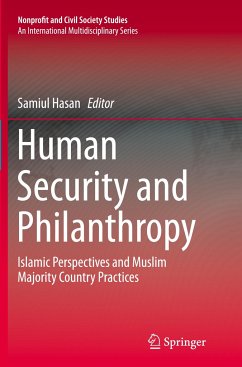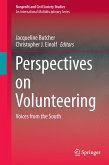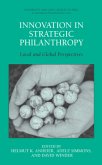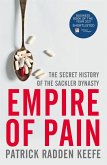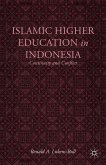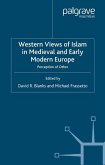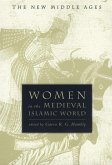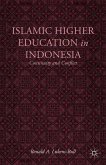Muslims for hundreds of years have been involved in philanthropic activities targeting poor and needy people through varied types of 'third sector' organizations (TSOs). Nonetheless, many people in Muslim majority countries (MMCs), not having freedom from hunger, face human security crises. Not much is known about the TSOs or their human security provisions in MMCs. To fill this knowledge gap, this Volume documents and analyses philanthropy and all types of third sector organizations including the awqaf (Muslim endowments) vis-à-vis human security in MMCs. The study is comprehensive in treating the subject matter (analyzing the legal environment, characteristics, extent and functioning of all forms of the third sector and their human security performances) and in geographic coverage (incorporating all forty-seven Muslim majority countries in Africa and Asia). It is also innovative expounding TSO density analysis, state support score (SSS) and a third-sector capability measure (TCM) tostudy their interrelationships. It is an essential unique reference book for students and scholars of the third sector and human security, international organizations, development agencies, donor governments, security experts and in particular anybody with interests in Islam and MMCs.
"This provocative and easily readable book not only gives a refreshing conceptualization of the meaning of human security from the UNDP viewpoint but also demonstrates the universality of the primacy of human beings across civilizational notions of security. ... the text is highly recommended to scholars in civil society studies, researchers, professionals working in the not-for-profit sector." (Bernard Ugochukwu Nwosu, Voluntas, Vol. 28, 2017)

